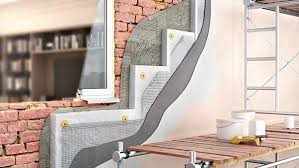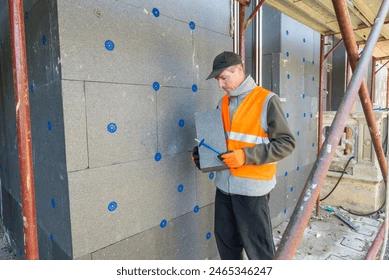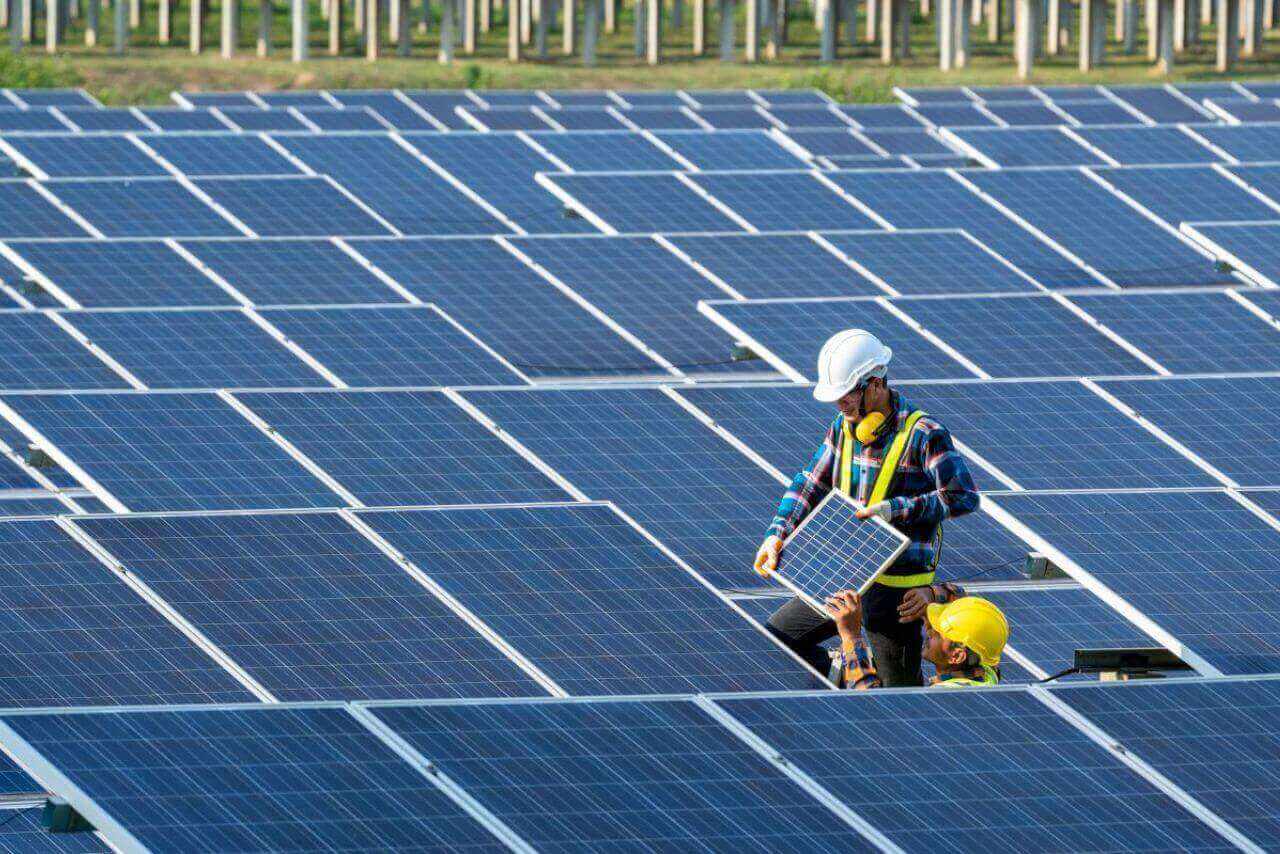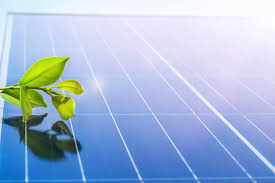
In today’s world, the importance of energy efficiency cannot be overstated. As energy prices rise, homeowners are increasingly looking for ways to reduce their utility bills while maintaining comfort in their homes. One of the most effective ways to achieve this is through proper wall insulation. By keeping the temperature inside your home regulated and reducing heat loss, wall insulation plays a key role in lowering energy costs. But how exactly does it work? In this blog, we’ll explore the various ways wall insulation helps in reducing energy bills, ensuring that you get the best value for your investment.
What is Wall Insulation?
Wall insulation is the material that is installed within the walls of your home to reduce the amount of heat lost or gained through the walls. This can be achieved by using various materials such as fiberglass, foam boards, cellulose, or spray foam. The primary function of wall insulation is to create a barrier that prevents heat from escaping in the winter and entering during the summer, helping to maintain a comfortable indoor temperature.
1. Reducing Heat Loss
One of the most significant benefits of wall insulation is its ability to reduce heat loss. Heat naturally flows from warmer areas to cooler areas. Without proper insulation, your home can lose a significant amount of heat through the walls, especially during colder months. This means your heating system will have to work harder to maintain a consistent temperature, leading to higher energy consumption.
Insulated walls help keep the warmth
Solar Panel Installation london inside by acting as a barrier against heat flow. As a result, your heating system will be able to maintain the desired temperature more efficiently, leading to a reduction in energy usage. This reduction in energy consumption directly translates into lower heating costs, particularly during the winter months.
2. Improved Thermal Comfort
Insulated walls provide more consistent temperature control inside your home, which translates into greater comfort for you and your family. When your walls are not properly insulated, you may experience drafts or cold spots in certain areas of your home. These inconsistencies can lead to discomfort and may cause you to turn up the thermostat to make up for the temperature imbalances.
With proper wall insulation, however, your home will be better at retaining heat in the winter and staying cooler in the summer. This means that your heating and cooling systems won’t need to work as hard, reducing the need for frequent adjustments to your thermostat. As a result, you’ll be able to maintain a more comfortable living environment without having to waste energy.
3. Energy Efficiency of HVAC Systems
Heating, ventilation, and air conditioning (HVAC) systems are responsible for a significant portion of your home’s energy consumption. When your walls are warm home grant properly insulated, the HVAC system operates more efficiently, as it doesn’t have to work as hard to maintain a consistent temperature. Insulation reduces the need for the system to compensate for heat loss or gain through the walls, allowing it to run at lower energy levels.
This efficiency not only leads to savings Loft Insulation London on energy bills but also extends the lifespan of your HVAC system. When systems are overworked due to temperature imbalances in the home, they wear out faster. Proper insulation, therefore, can result in fewer repairs and a longer operational life for your heating and cooling units.
4. Increased Home Value
While the primary benefit of wall insulation is the reduction of energy bills, it can also have a positive impact on the resale value of your home. Homes with energy-efficient features such as insulation are increasingly in demand among buyers, particularly those who are conscious of long-term energy costs and environmental impact.
By investing in wall insulation, you are not only improving the comfort and energy efficiency of your current living space but also making your home more appealing to future buyers. This can potentially lead to higher offers when you decide to sell, helping you recover or even exceed the cost of your insulation investment.
5. Environmental Impact
Another significant benefit of wall insulation is its positive impact on the environment. By reducing the amount of energy you use to heat and cool your home, you are also reducing the overall demand for energy, which can lower your carbon footprint. The less energy you use, the fewer fossil fuels need to be burned at power plants to generate electricity.
This environmental benefit is not only important on a global scale but can also make your home more attractive to eco-conscious buyers, especially as sustainability becomes a growing priority for many individuals.
6. Soundproofing Benefits
Wall insulation can also help reduce noise pollution from outside or between rooms. Insulated walls absorb sound waves, preventing noise from traveling through the walls and making your home quieter and more peaceful. This added benefit doesn’t directly impact energy savings, but it does contribute to a more comfortable living environment, which is another reason why many homeowners choose to invest in insulation.
7. Long-Term Savings
While the upfront cost of wall insulation can vary depending on the materials used and the size of your home, the long-term savings on energy bills often far outweigh the initial investment. Insulation is a durable solution that can last for decades, providing consistent benefits over time. The savings in energy costs can add up quickly, particularly if you live in an area with extreme temperatures.
Additionally, many governments and utility companies offer incentives or rebates for homeowners who make energy-efficient upgrades like wall insulation. These financial incentives can help offset some of the installation costs, making insulation even more affordable.
8. Easy Maintenance
Once installed, wall insulation requires little to no maintenance. Unlike other home improvements or energy-saving solutions that may need regular upkeep or replacement, insulation remains effective for many years with minimal effort. As long as your insulation stays in good condition, you can continue to enjoy the energy-saving benefits without the hassle of regular repairs or replacements.
Conclusion
In conclusion, wall insulation is an excellent investment for homeowners looking to reduce their energy bills and improve the comfort of their living spaces. By reducing heat loss, improving thermal comfort, increasing the efficiency of HVAC systems, and providing long-term savings, wall insulation is an effective solution to high energy costs. Additionally, it offers environmental benefits, increased home value, and even noise reduction.
If you haven’t already considered wall insulation for your home, now is the perfect time to explore how this simple upgrade can deliver significant savings and a more comfortable, energy-efficient living space for years to come.








Write a comment ...